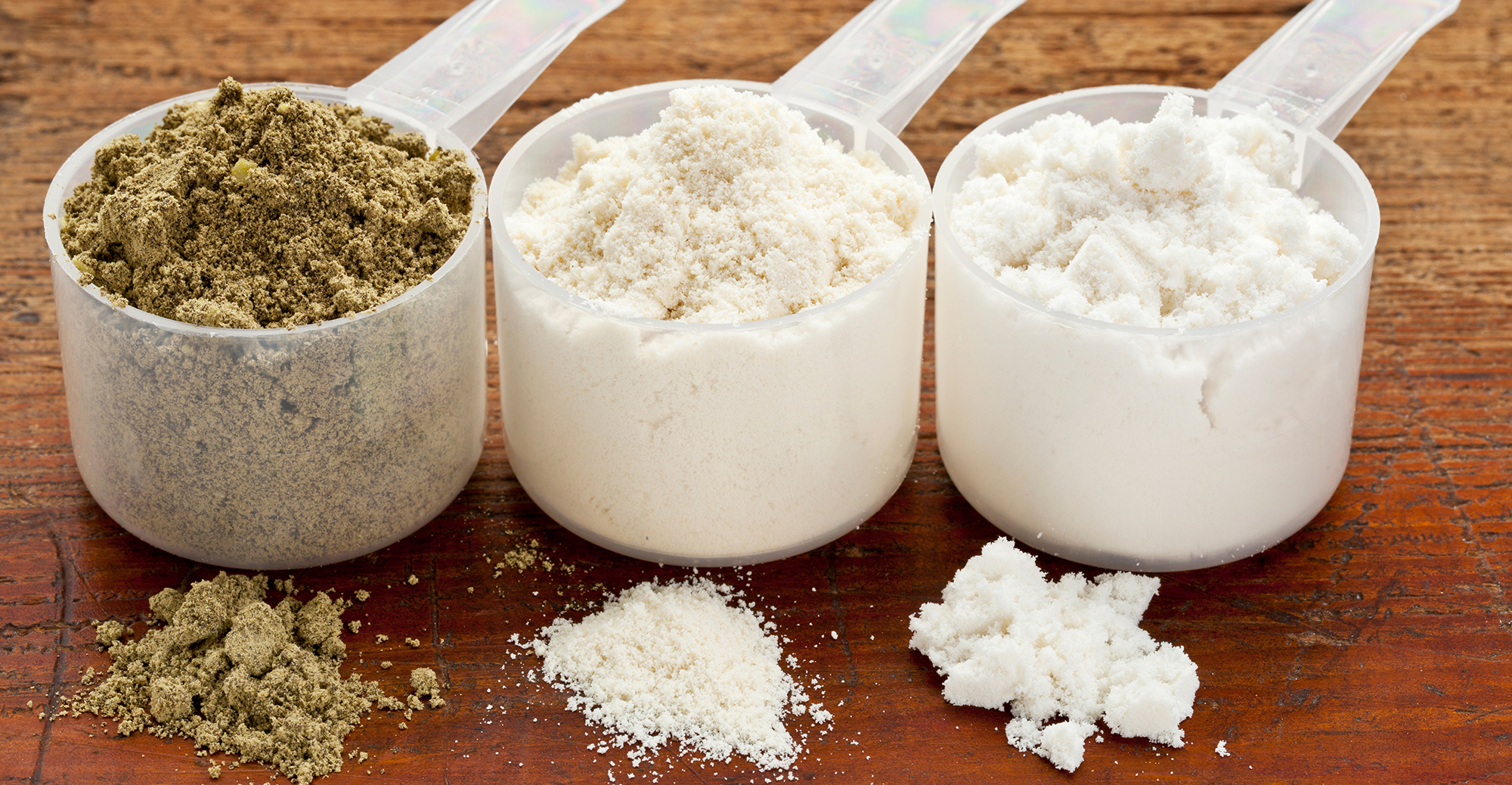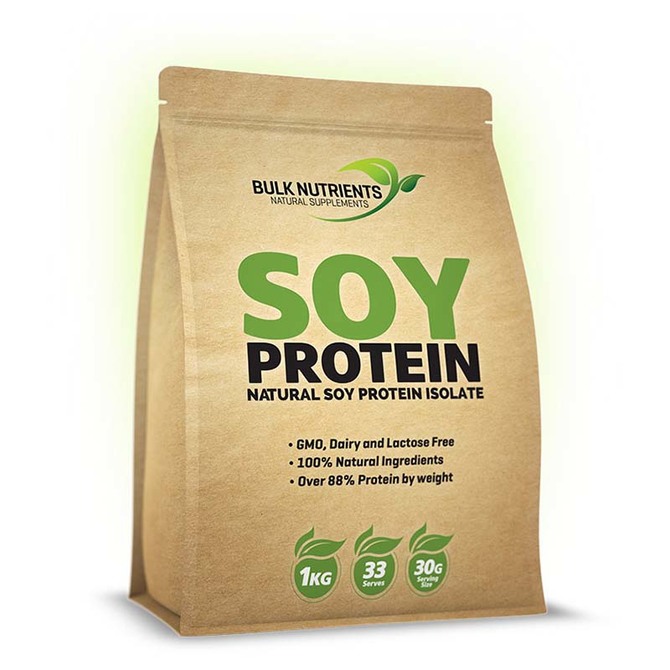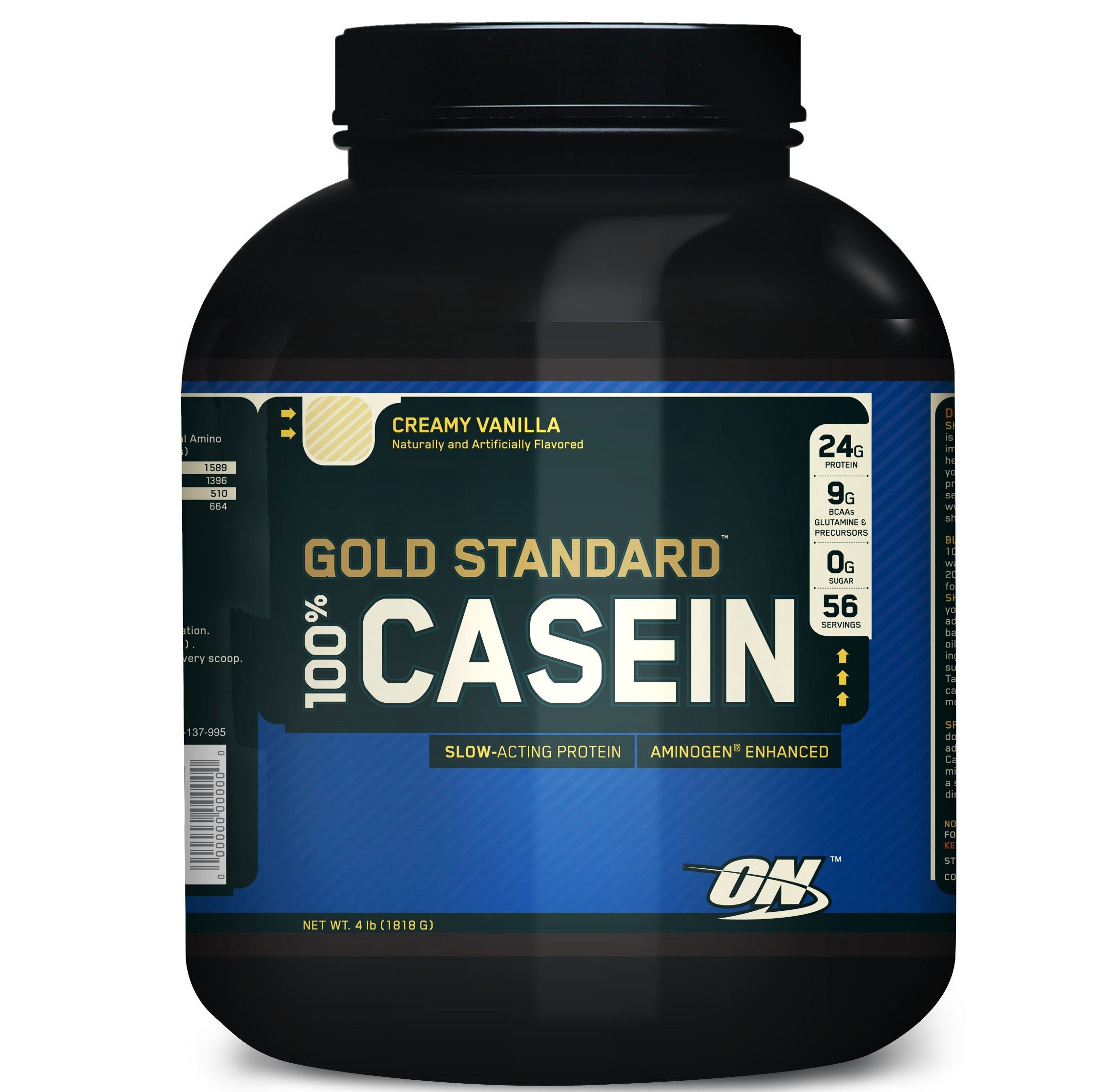
What Protein Is Best for Me
The wide selection of protein supplements available on the market can make it difficult to choose the right type for your lifestyle. Protein varies greatly depending on the taste, duration of effects, or overall quality.
Consuming larger portions of protein throughout the day is highly advantageous for athletes, which keeps a positive nitrogen balance that’s necessary to maintain or add lean muscle.
Protein not only preserves muscle but helps increase your metabolic rate and suppresses your appetite for longer time periods in the day. Higher levels of satiety diminish your desire to eat high caloric or sweet foods that quickly spike blood sugar levels and cause fat gain.
For athletes looking to slowly increase muscle mass over time, higher amounts of protein may be needed to see any kind of growth from exercise.
Best Types of Protein for Growing Athletes

Most of the protein supplements found on store shelves originate from two dietary sources: plants or animals.
Animal protein is structurally different from plant source protein in that it contains all 20 amino acids, which is why they’re referred to as complete proteins.
Plant sources don’t have all the essential amino acids within the protein, which is why vegetarians/vegans often need a wider selection of food groups to consume.
The supplements that can be found in stores are broken into 3 main categories: whey protein, casein protein, or soy protein (soy being the only vegetable protein).
Whey Protein:

Following the coagulation and curdling of processed milk, whey protein is the leftover product, which is later dried into powder form. The individual proteins are then separated and purified to a particular level.
This is where brands labels are important, as some claim as high as 100% whey protein and some that are (actually) as low as 70%.
Whey also comes into forms: concentrate and isolate. Isolate is supposed to have the highest purity between the two, however, isolates tend to have denatured or weaker protein bonds because of how they’re manufactured.
I’ve personally taken both whey isolate and concentration types before and I’ve never noticed any major difference in athletic performance or muscle gain between either one.
Casein Protein:
Casein protein is a slow digesting protein that most commonly found in milk (at around 80% of volume, which gives milk its color). Casein protein forms micelles in the stomach, which are small protein curds, which releases amino acids much more slowly than whey protein can. This protein is convenient to take at night to maintain an anabolic/fed state while you sleep.
Soy Protein:

Those that are lactose-intolerant or vegetarians may find soy protein more suitable for supplementing daily to your diet. Soy protein has great health benefits including lowering bad cholesterol levels, blood pressure, and a number of other cardiovascular conditions. Soy protein has been shown to have negative effects in men, as soy tends to increase estrogen production in men, which can create affect many male sex characteristics (hair loss, breast tissue growth, sexual dysfunction, etc.)
The Wrap Up
To maintain a positive nitrogen balance protein supplements can be beneficial for reaching your goals. The three main types on the market (whey, casein, soy) can be used for the right individual based on dietary restrictions, health benefits, and quality that fits your budget. Try to choose a protein supplement brand based on the quality, taste, or overall effectiveness in regards to your diet.
What else do you want to know?
How Much Protein Do You Need Daily?
How Creatine Improve Your Strength
How to Really Count Your Calories


Leave a Reply
You must be logged in to post a comment.